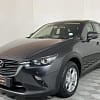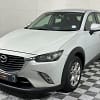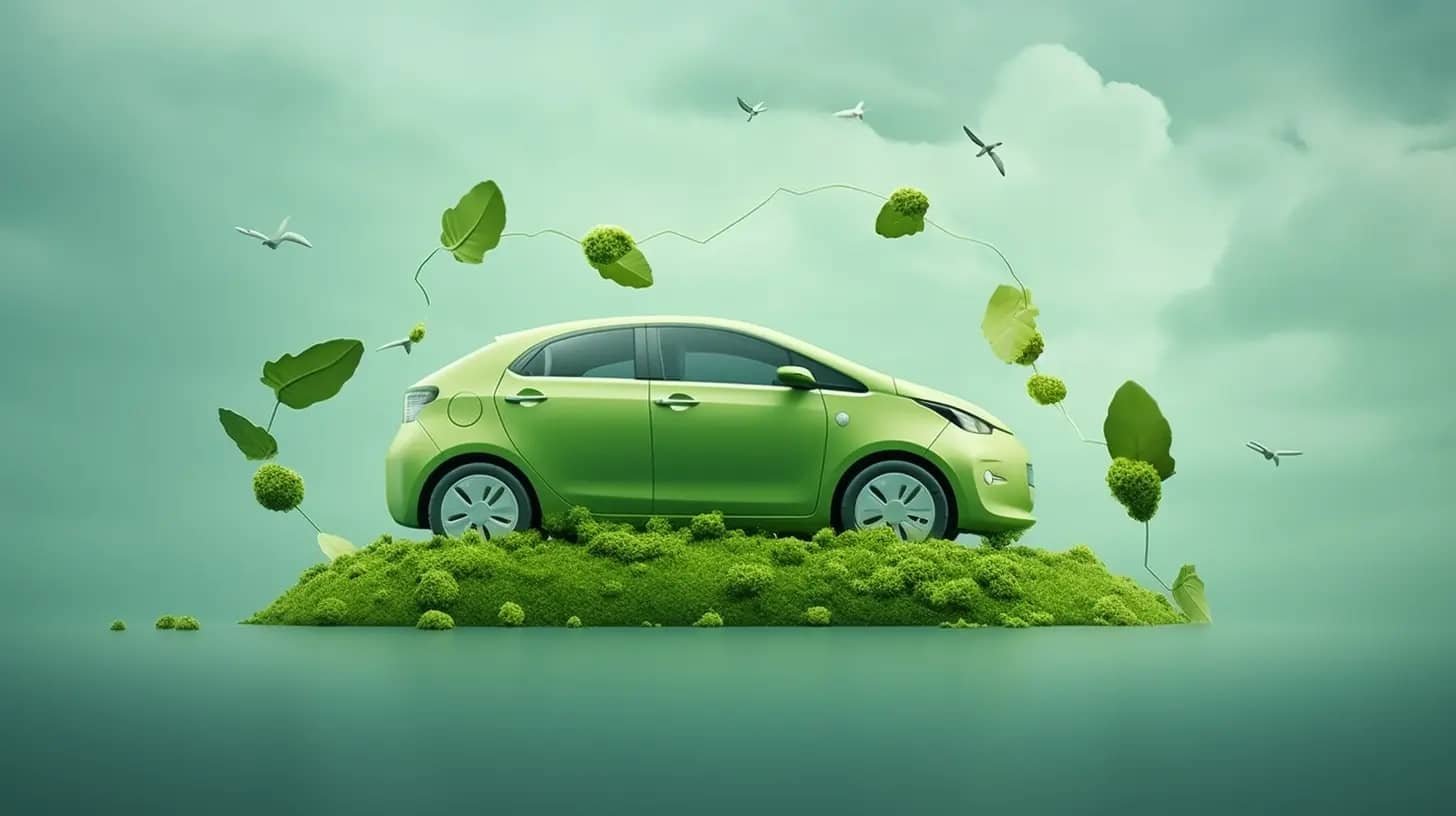
Electric Vehicles The Future of Transportation
As concerns over climate change and environmental sustainability continue to rise, many countries, including the Philippines, are turning to more eco-friendly modes of transportation. One of the most significant shifts in the automotive industry is the rise of sustainable and electric vehicles (EVs). In the Philippines, where traffic congestion, air pollution, and rising fuel prices are major concerns, the adoption of EVs and other sustainable vehicles is seen as a promising solution to address these challenges. This article explores the current state of sustainable and electric vehicles in the Philippines and what the future holds for these green alternatives.
The Growing Appeal of Electric Vehicles in the Philippines
Electric vehicles (EVs) have seen a surge in popularity worldwide, and the Philippines is beginning to catch up with this trend. EVs are seen as an effective solution to combat air pollution and reduce reliance on fossil fuels. They produce zero tailpipe emissions, making them an attractive option for those looking to contribute to a cleaner environment.
In the Philippines, the demand for electric vehicles is gradually increasing, particularly in urban areas like Metro Manila, where air quality is a significant concern. EVs, which are powered entirely by electricity stored in batteries, do not emit harmful gases such as carbon dioxide (CO2), nitrogen oxides (NOx), or particulate matter, all of which contribute to air pollution. This makes EVs an essential part of the country’s efforts to improve air quality and mitigate climate change. Platforms like WowCar are starting to offer information on the latest electric vehicle options in the country, helping Filipinos make informed decisions about adopting EVs.
Government Support for Electric Vehicles
The Philippine government has recognized the importance of transitioning to electric vehicles and has started to introduce policies and incentives to encourage their adoption. In 2020, the Electric Vehicle Industry Development Act (EVIDA) was signed into law, providing a legal framework to promote the use of EVs in the country.
Under the EVIDA, the government has committed to providing incentives such as tax exemptions and subsidies for electric vehicle manufacturers and buyers. These incentives aim to make EVs more affordable for the average Filipino consumer, who may otherwise find electric vehicles more expensive than traditional gas-powered cars.
In addition to tax breaks, the government has also been working to improve the infrastructure necessary for the widespread adoption of electric vehicles. One of the critical challenges facing EV adoption in the Philippines is the lack of charging stations. To address this, the government has begun collaborating with private companies to build more EV charging stations across the country, making it easier for EV owners to charge their vehicles and increasing the convenience of using EVs. WowCar also keeps car buyers updated on the latest policies and infrastructure developments related to electric vehicles in the Philippines.
Sustainability Beyond Electric Vehicles
While electric vehicles are at the forefront of the sustainable transportation movement, they are not the only solution to reducing the environmental impact of transportation in the Philippines. Other forms of sustainable vehicles, such as hybrid cars, natural gas vehicles, and hydrogen-powered vehicles, are also gaining traction in the country.
Hybrid vehicles, which combine an internal combustion engine with an electric motor, are especially popular in the Philippines because they provide the best of both worlds. These vehicles use less fuel and produce fewer emissions than traditional gasoline-powered cars but do not rely entirely on electricity, which makes them more practical in areas where EV infrastructure is still developing.
Natural gas vehicles (NGVs), which run on compressed natural gas (CNG), are another sustainable alternative gaining popularity. CNG is a cleaner alternative to gasoline and diesel, producing fewer harmful emissions and offering a more environmentally friendly option for fleet owners, particularly in the public transportation sector.
Hydrogen-powered vehicles, though still in the early stages of development in the Philippines, are another promising solution. These vehicles use hydrogen fuel cells to generate electricity, emitting only water vapor as a byproduct. While hydrogen fuel cell technology is not yet widely available, it has the potential to play a significant role in the country’s long-term sustainable transportation goals.
Challenges to Widespread Adoption of EVs
While the future of sustainable and electric vehicles in the Philippines looks promising, several challenges remain. The primary hurdle is the high initial cost of electric vehicles. Although the government offers incentives, EVs are still generally more expensive than traditional gasoline-powered cars. This price gap makes EVs out of reach for many Filipinos, especially those who rely on used cars or have limited budgets.
Another significant challenge is the lack of charging infrastructure. Although the government and private companies are working to expand the number of charging stations, the network remains limited, particularly outside of major urban centers. For Filipinos living in more remote areas, the lack of accessible charging stations can make owning an EV impractical.
Range anxiety, or the fear of running out of battery power while on the road, is another concern for potential EV buyers. While the range of electric vehicles has improved in recent years, many still have a limited driving range compared to gasoline-powered cars, which can be an issue for long-distance travel.
The Future of Sustainable Transportation in the Philippines
Despite these challenges, the future of sustainable and electric vehicles in the Philippines is bright. As technology continues to improve, the cost of EVs is expected to decrease, making them more accessible to a broader range of consumers. The expansion of charging infrastructure will also make it easier for EV owners to find convenient places to charge their vehicles, addressing one of the primary barriers to adoption.
Additionally, public transportation is expected to play a significant role in the Philippines’ sustainable transportation future. The government has been working to modernize the country’s jeepney fleet, replacing old, polluting vehicles with electric-powered jeepneys. This initiative, known as the “Modernization Program,” aims to reduce the environmental impact of public transportation while providing a cleaner, more efficient option for commuters.
The shift to sustainable transportation in the Philippines will also be driven by growing awareness of environmental issues among Filipinos. As more people become aware of the benefits of EVs and other sustainable vehicles, demand for these eco-friendly options will continue to rise. Platforms like WowCar will play a key role in educating consumers and showcasing sustainable car options available in the market.
Conclusion
Sustainable and electric vehicles represent a crucial step toward a greener, more environmentally friendly future for the Philippines. While there are challenges to overcome, including cost and charging infrastructure, the government’s support, advancements in technology, and growing consumer interest all point to a promising future for electric and eco-friendly vehicles in the country. As the market for EVs continues to grow, the Philippines can look forward to cleaner air, reduced dependence on fossil fuels, and a more sustainable transportation system. WowCar remains committed to helping consumers explore the latest eco-friendly car options and stay informed about the evolving automotive landscape.



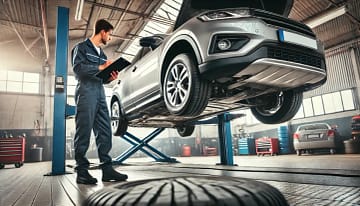
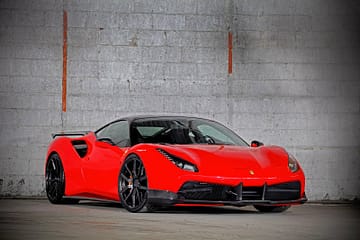



![2020 Land Rover Defender 2nd Gen [19-24]](https://mlpycxojhzns.i.optimole.com/cb:dGvy.176b/w:100/h:100/q:mauto/rt:fill/g:ce/ig:avif/id:d2d8d545cd0ca3f25ebc3fa902ab4312/https://www.wowcar.ph/1-62.webp)
![2006 Land Rover Discovery 3rd Gen [04-09]](https://mlpycxojhzns.i.optimole.com/cb:dGvy.176b/w:100/h:100/q:mauto/rt:fill/g:ce/ig:avif/id:995c25205cd6ead457db4677ad24242c/https://www.wowcar.ph/1-56.webp)
![2023 Land Rover Defender 2nd Gen [19-24]](https://mlpycxojhzns.i.optimole.com/cb:dGvy.176b/w:100/h:100/q:mauto/rt:fill/g:ce/ig:avif/id:d7fdd03c7589ae8b0a3684d9b036b7fe/https://www.wowcar.ph/1-42.webp)
![2014 Land Rover Range Rover Evoque L538 [11-15]](https://mlpycxojhzns.i.optimole.com/cb:dGvy.176b/w:100/h:100/q:mauto/rt:fill/g:ce/ig:avif/id:3a21e094c02b6ad3f1ede63390defd9f/https://www.wowcar.ph/1-59.webp)
![2013 Alfa Romeo MiTo 1st Gen [08-13]](https://mlpycxojhzns.i.optimole.com/cb:dGvy.176b/w:100/h:100/q:mauto/rt:fill/g:ce/ig:avif/id:4040ceacb817d0b073a582f0226d9cc9/https://www.wowcar.ph/1-34.webp)
